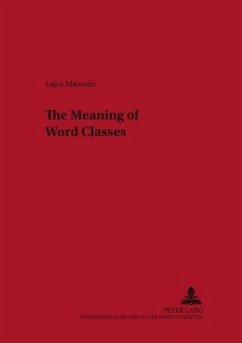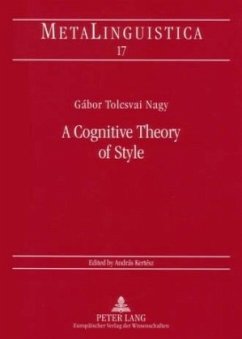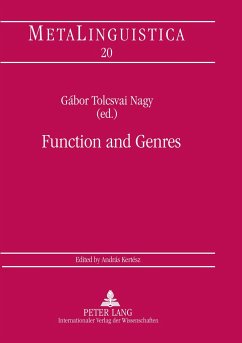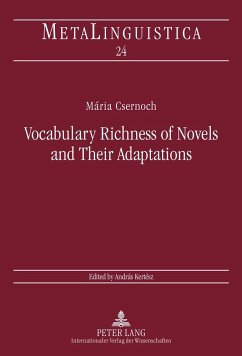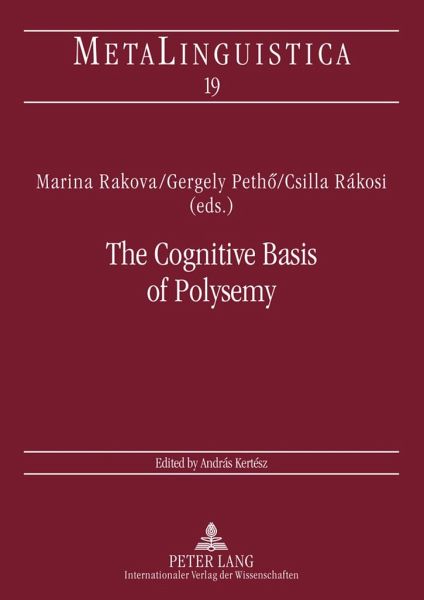
The Cognitive Basis of Polysemy
New Sources of Evidence for Theories of Word Meaning
Herausgegeben: Rakova, Marina; Pethö, Gergely; Rákosi, Csilla
Versandkostenfrei!
Versandfertig in 6-10 Tagen
85,90 €
inkl. MwSt.

PAYBACK Punkte
0 °P sammeln!
The volume aims to explore the relationship between the theoretical modelling and the mental representation of the perceived multiplicity of lexical meanings. The collection is divided into three thematic sections, discussing psycholinguistic and neurolinguistic evidence concerning polysemy; theoretical considerations regarding the representation of different types of meaning variation phenomena; and polysemy connected (in a variety of ways) to syntactic constructions. A common theme for the contributions is the recognition that consideration of a range of so far neglected types of evidence (b...
The volume aims to explore the relationship between the theoretical modelling and the mental representation of the perceived multiplicity of lexical meanings. The collection is divided into three thematic sections, discussing psycholinguistic and neurolinguistic evidence concerning polysemy; theoretical considerations regarding the representation of different types of meaning variation phenomena; and polysemy connected (in a variety of ways) to syntactic constructions. A common theme for the contributions is the recognition that consideration of a range of so far neglected types of evidence (both from within and from outside of linguistics proper) is essential to achieve further progress in polysemy research.





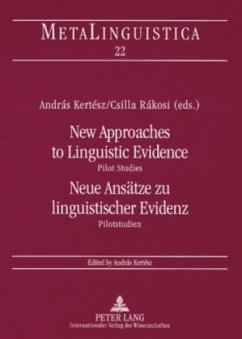
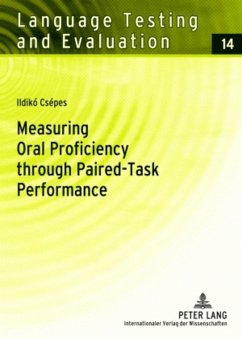
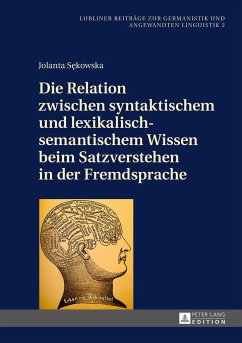
![Conversation and Brain Damage [With CDROM] [With CDROM] [With CDROM] Cover Conversation and Brain Damage [With CDROM] [With CDROM] [With CDROM]](https://bilder.buecher.de/produkte/53/53499/53499737n.jpg)
